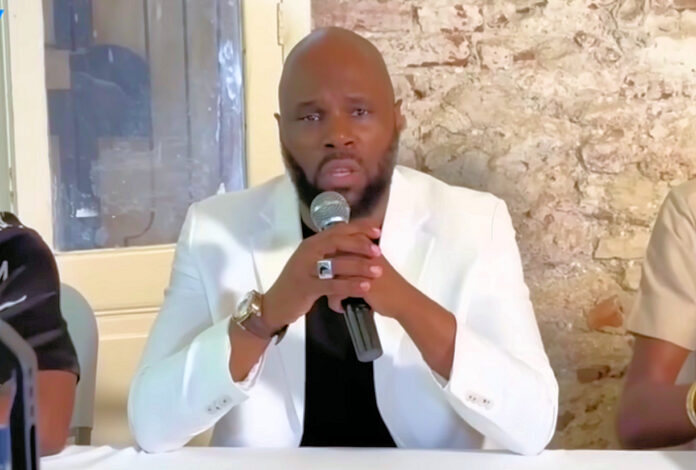
(Français)
Famed Pan-African activist, journalist, and author, Kémi Séba, landed in Haiti on May 28, creating a political tsunami through press conferences, interviews, and speeches over the past week by repeatedly emphasizing four principal points.
First, the imperialist nations, primarily the United States and France, are the principal enemies of the Haitian people and the source of their current crisis, although posturing as their savior and friend.
Second, Haiti’s neighborhood armed groups have been demonized, largely through imperialist propaganda, and are not the people’s enemy. On the contrary, greater unity between the armed groups and the people is key to liberating the country.
Third, Haiti is the cradle from which all national liberation movements spring, including those across the African continent from the 1960s until today.
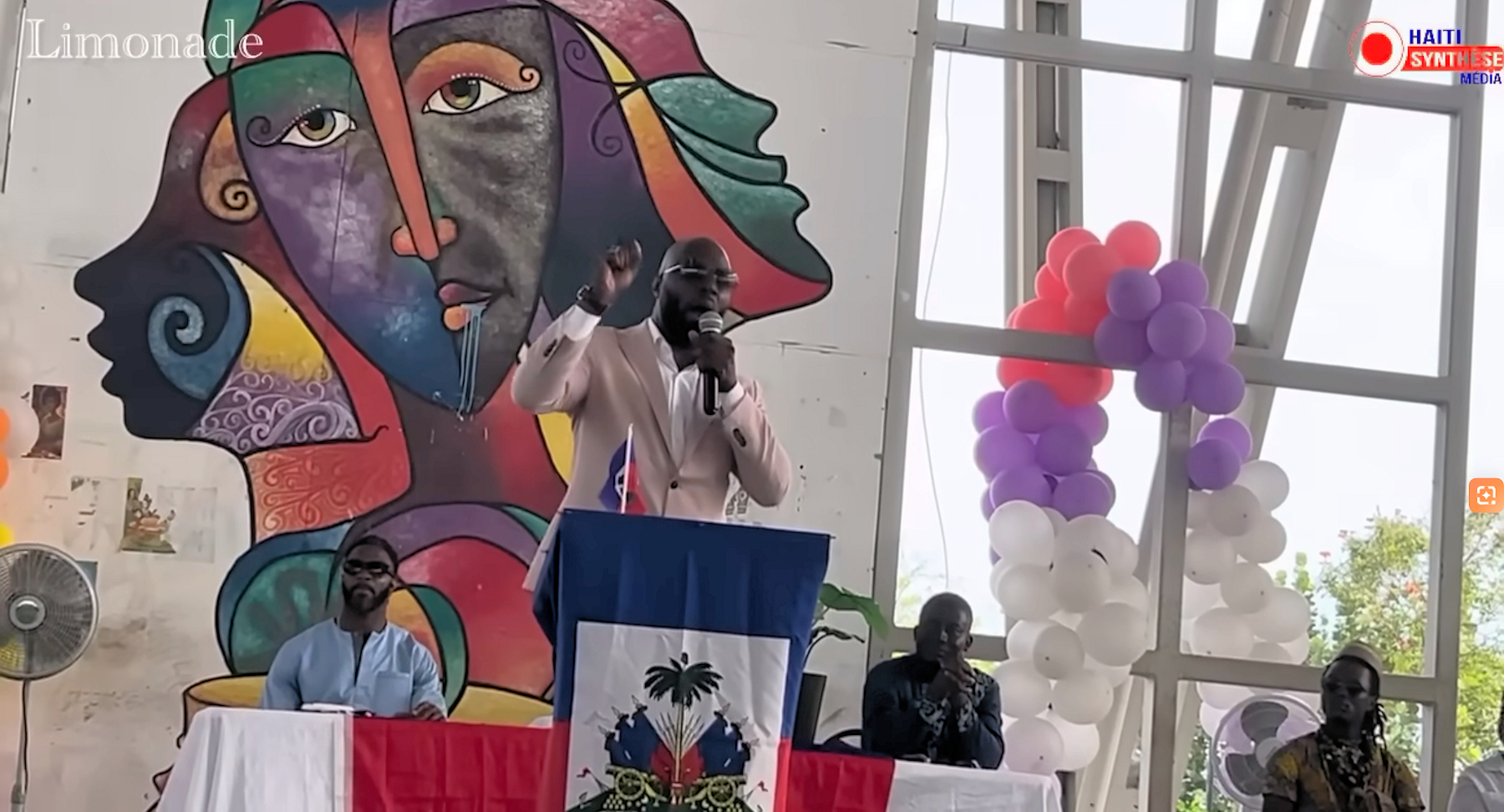
Fourth, despite destabilization, poverty, and a negative portrayal in the mainstream press, the Haitian people possess enormous potential, and their successful revolution today would encourage struggling people around the world.
Séba set the tone with his first press conference at Cap Haïtien’s famous Brise de Mer hotel. In it he declared that “the enemy of the Haitian ‘gangs’ is not the people. And the Haitian people’s enemy is not the ‘gangs.’ The Haitian people’s enemy, from the ‘gangs’ to the people, is in reality the colonial system that seeks to subjugate Haiti.”
He continued that “those demonized by the system are often potential resistance fighters. But the people must be able to talk to each other again, the ‘gangs’ must be able to stop attacking their fellow men, and the ‘gangs’ and the people must understand that the enemy is not in our blood but outside: the Canadian government, French government, American government, which for so many years have presented themselves to you as the Good Samaritans of Haiti.”
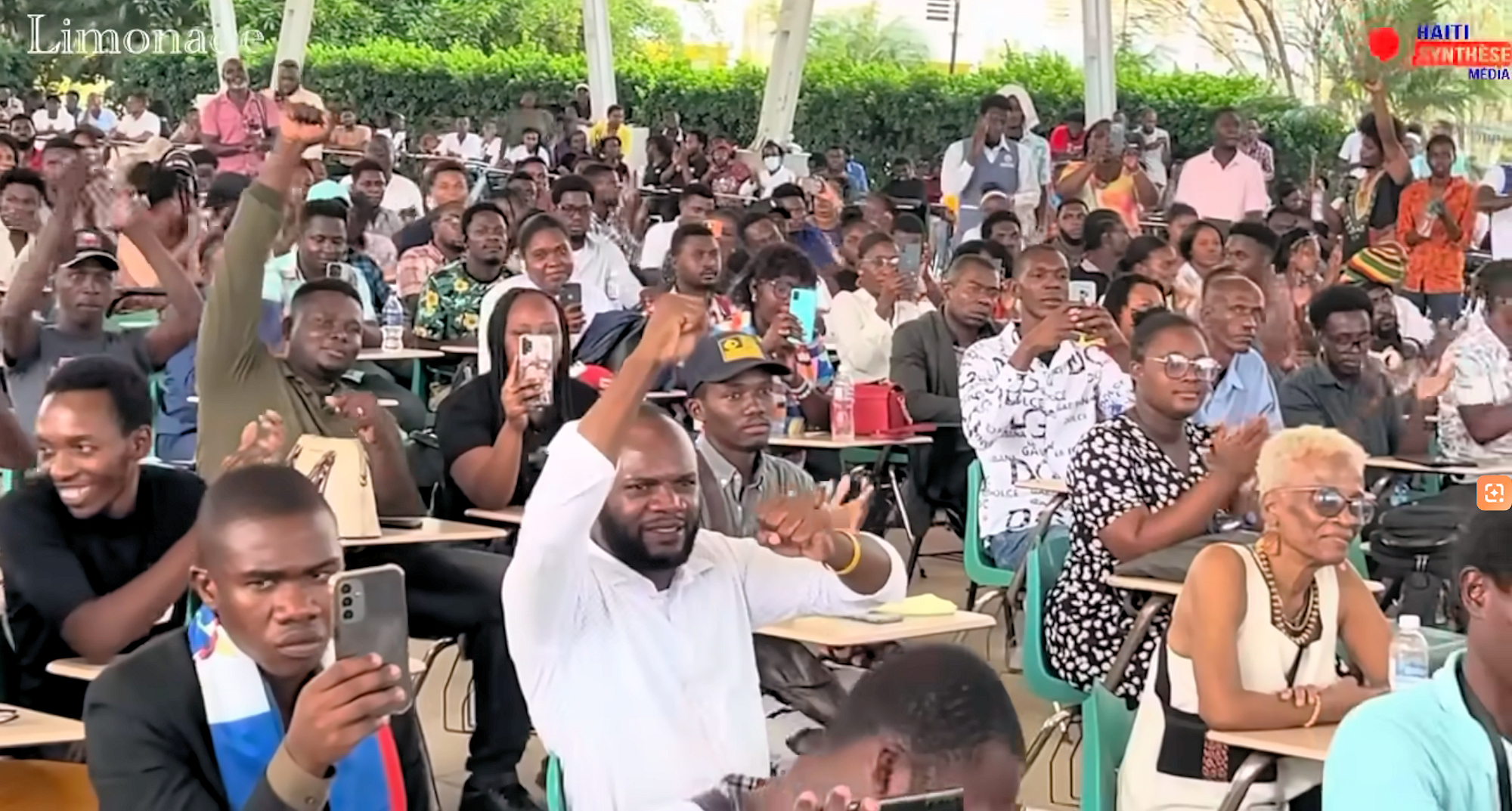
He described those imperialists as “the ones who present themselves as the best friends of our people” while corrupting and confusing them with “funding from globalist and neoliberal networks which present themselves as friends of social justice but who do not want us to be able to have our own societal vision.”
Séba had also learned, from talking to other Haitians, that “within these ‘gangs’… a certain number of them can become liberation groups. Gangs can become people who direct popular protest towards a noble cause which is the protection of Haiti.”
Kémi Séba’s most dramatic speech came at Haiti’s State University in the northern town of Limonade, the Henri Christophe Campus. It was here that he further developed his message to a cheering audience of hundreds of students and faculty.
He began by denouncing the U.S.-sponsored Multinational Security Support mission (MSS), headed by Kenya.
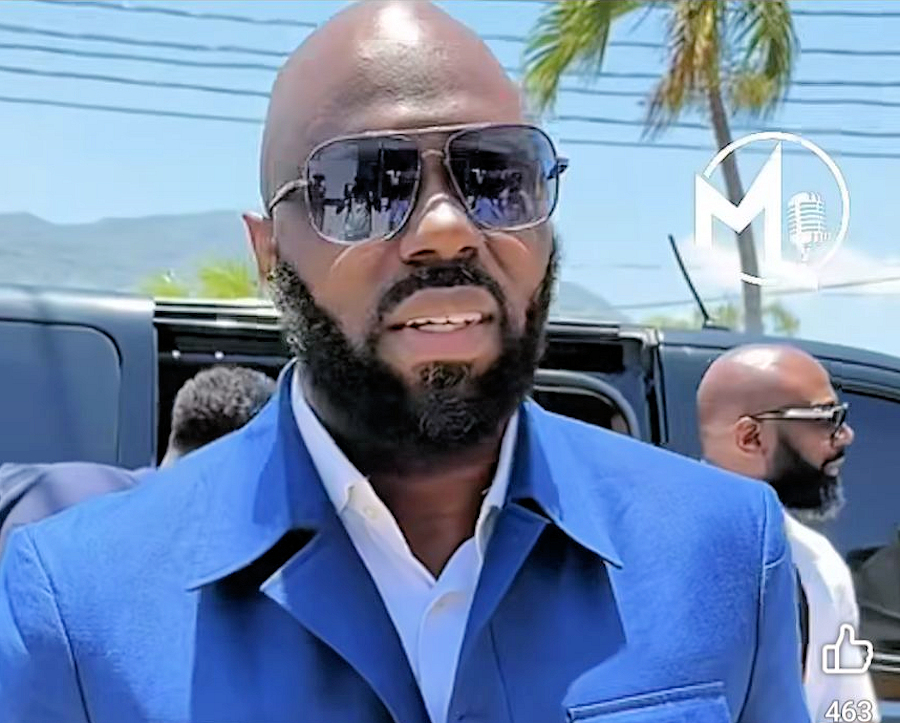
“If the Haitian proletariat and the ‘gangs’ understand that they have an enemy in common, how do you think that those who are occupying their country [and] colonizing their spirits will respond? They will all pack their suitcases and they will return to Washington, Paris, Canada and elsewhere because they will know that they have been identified, like the country’s destabilizing forces. I’m not one of those who are delighted that the African Union, which has at its head a certain number of corrupt leaders receiving the orders from the United States [and] European Union [telling] Kenyan soldiers to shoot the brothers who are here called the ‘gangs.’ The problem is not the ‘gangs.’ The problem is those who deliver weapons to the ‘gangs’ as such.”
At another point, Kémi said: “You are told that the country is now destroyed by ‘gangs.’ Who make up the gangs? Haitians. True or false, what I say?” As the the audience agreed, he just said: “Yeah.”
He went on to say that Haiti is on the verge of a revolution to throw out “neocolonialism.”
“Haiti is at a crossroads,” he said. “You can either go to final destruction or go to the ultimate resurrection, which can be a fundamental geopolitical tool for the rest of humanity. Haiti is geographically speaking a country that is a problem for the West’s oligarchy. You are close to the United States, a few hours from Miami. The U.S. government knows that if there is a revolutionary approach here, it will end up with a very worse situation than at the time of Cuba, of the great Cuba, when they were near U.S. territory but had a different geopolitical dynamic.”
“You suffer, there is precariousness, there is social injustice, there is insecurity, it is a reality,” he continued. “But you have in yourself, in you all the keys to your survival. In yourself, in all of you, the keys to your release. In yourself, in all of you, the solutions to go towards the path of self-determination.”
In the speech, Kémi Séba also pointed his finger directly at the current Haitian leaders collaborating with imperialism.
“Yes, colonialism is in Washington. Yes, colonialism is in Paris. Yes, colonialism is in Canada. But we must start by fighting against colonialism inside our ranks,” Séba said. “Managers who take their orders from the outside, who agree to be… in voluntary submission, voluntary servitude, are people who are the number one adversaries of the Haitian people. And if we do not realize that when the elites do not do their job, the people must do it themselves, we will not be able to move the lines so that our people can be liberated.”
In Limonade, Séba also openly stated that he had spoken directly to “several ‘gang’ leaders who since the start of our stay contacted us. We will make public in a few days their proposal from the call I have put out… You will be surprised to learn in a few days that the most powerful ‘gang’ leaders have understood the message… and are ready to… organize as a civic force to resist against the neocolonial system.”
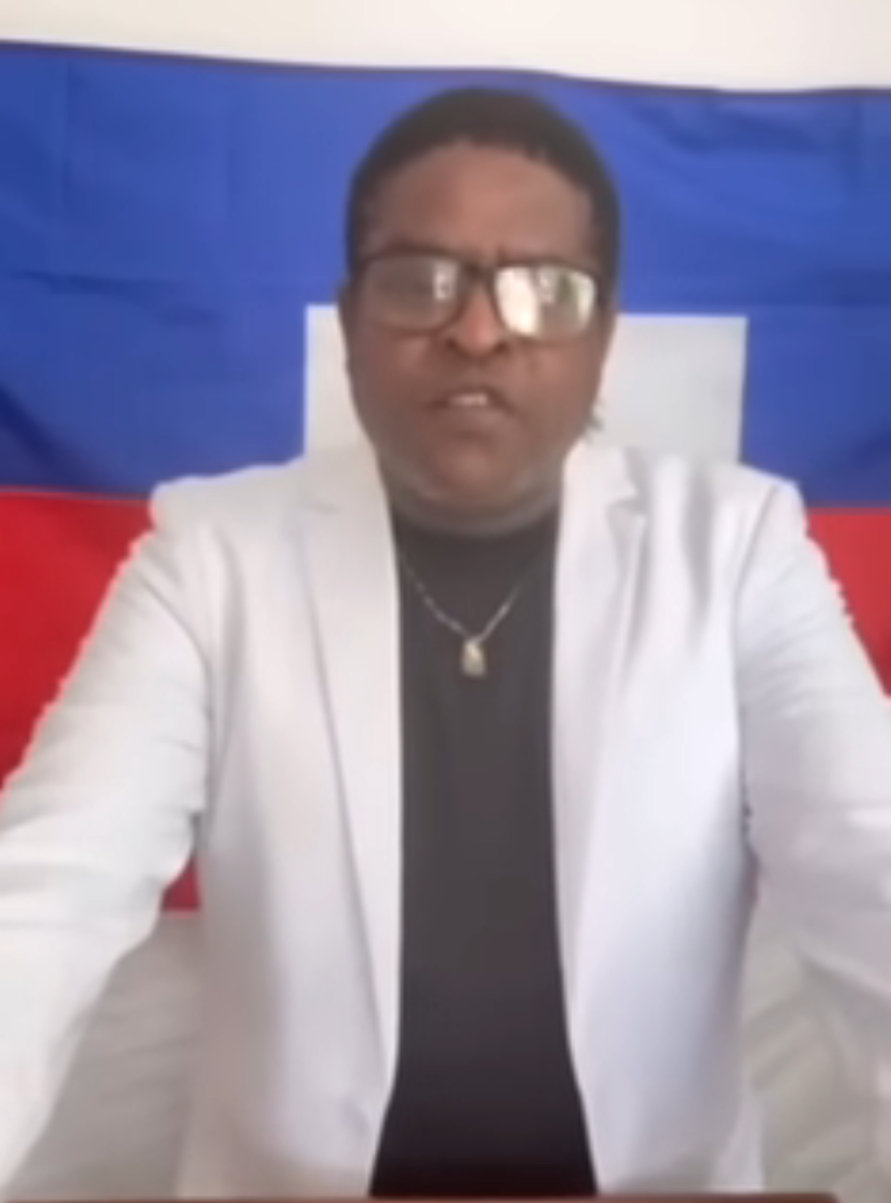
Indeed, on Jun. 2, a warm response came from Jimmy “Barbecue” Cherizier, the principal leader and spokesman of the Viv Ansanm (Let’s Live Together) Party, formed from a coalition of greater Port-au-Prince’s armed groups. He issued a formal statement welcoming Kémi Séba’s presence and message of “unity and fraternity” in Haiti. After rejecting and denouncing the Trump administration’s classification last month of Viv Ansanm as a “terrorist” organization, Cherizier told Séba that “his message has always been our message, and that our guiding principal has always been ‘unity makes strength.’ We have always wanted to unite with the people to destroy the system in place. But unfortunately the system is strong and powerful, using the international and local media to smear our image and character, even while we recognize that in our struggle we have made many errors.” He told Séba that “your message is where we want to go and where we should go, the message of unity and fraternity.”
Kémi Séba also spoke to several Haitian news outlets. In an interesting interview he gave to RTC’s Agora TV on Jun. 2, he said:
“Haiti’s fundamental problem is that it is not sovereign. [Its] elites take their orders in Washington, Paris, Montreal and we will not be able to work this way. There is a new awareness. We need a new Bwa Caïman ceremony [where] there are different rebellious slaves who come together, men and women of different ethnic groups, different spiritual approaches, and who decide to join their blood to protect the nation, the population. I think that today certain entities that are called ‘gangs’ today, but which could be compared in a previous time to certain tribal entities which waged war, must understand that this war does not serve them and must redirect their anger and their dissent against those who manipulated them for so long. [This has long been Cherizier’s message.]… I will soon give the details on my interactions with certain members of these [armed] groups there, but I can assure you that there are more and more people who understand that they were used and that it is necessary to cease persecution towards the people.”
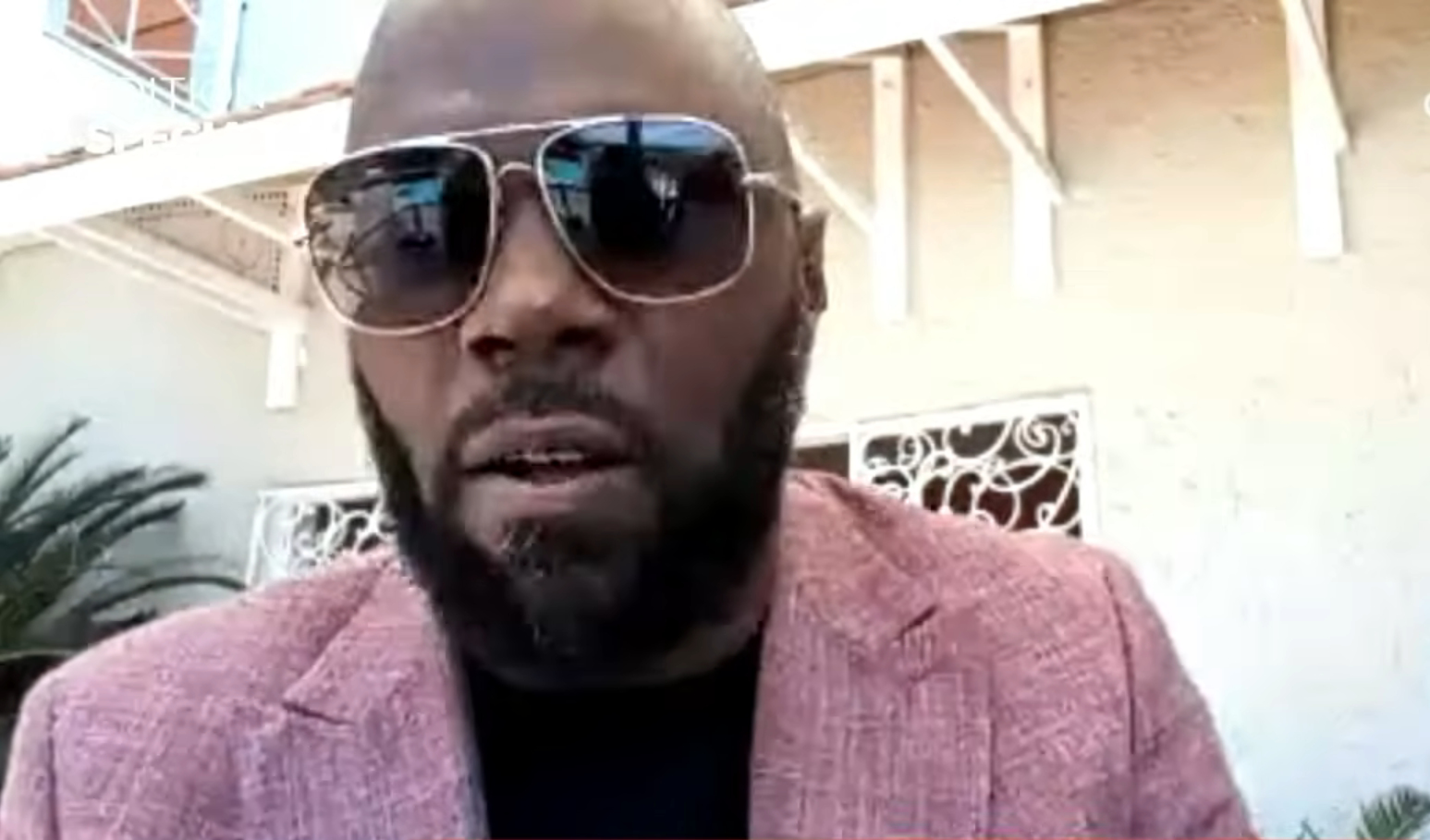
He also went on to explain that there were different levels of political consciousness among the different armed group leaders he spoke to and “we must… find the most conscious elements in these ‘gangs,’” so they become “patriotic groups which help Haiti’s liberation, which ask forgiveness for the crimes that have been committed… But redemption is an African process, resilience is an African and Haitian process.”
In another Jun. 2 interview with Radio Tropicale, Séba said that “we need a citizen’s revolution. I do not call for weapons or other things because as soon as we say the word ‘Revolution,’ some are panicking. A revolution of consciousness is needed, a unity of the proletariat is needed.”
He later continued: “The day there is a revolutionary union after a pardon which is requested by the ‘gang’ members… There will be a forgiveness, a commission of forgiveness and reconciliation. During the day, there will be a transversality in the union and that everyone will turn against the common enemy which is made up of those who want to see Haiti on its knees…
“I can assure you that Haiti can become great again, and it can be done in much shorter than you think. In reality, Haiti will be able to become a center of gravity of the Revolution, as it was in its beginning.”










[…] (English) […]
[…] Λινκ: https://haitiliberte.com/kemi-seba-world-famous-pan-africanist-tells-haitians-that-imperialist-natio… […]
[…] Αρχικό άρθρο: https://haitiliberte.com/kemi-seba-world-famous-pan-africanist-tells-haitians-that-imperialist-natio… […]